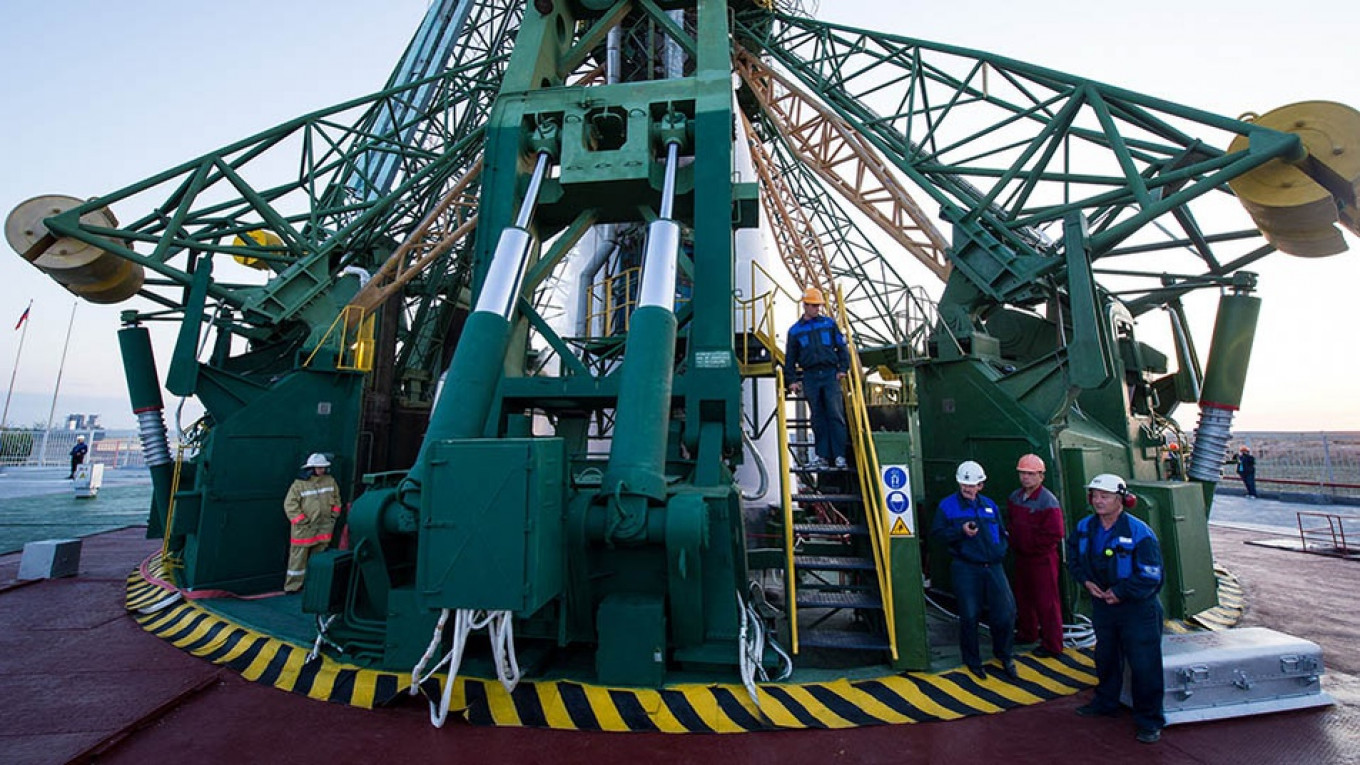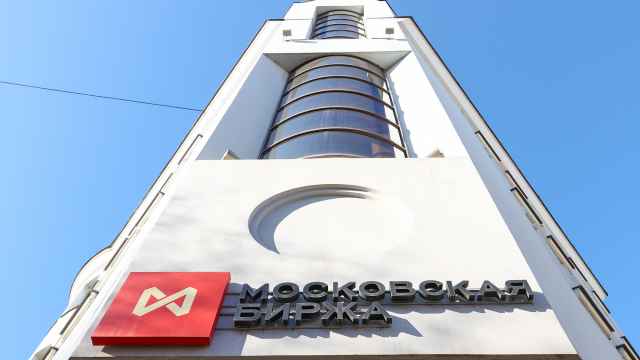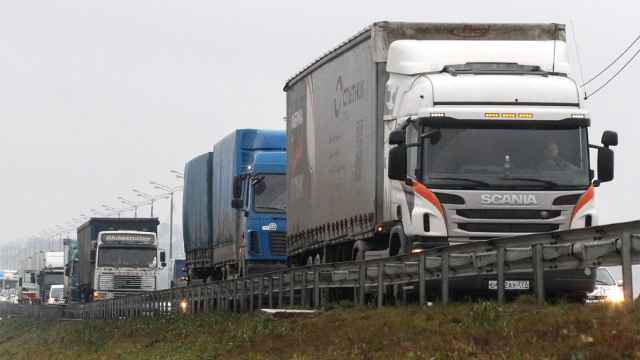The possibility of more Western sanctions against Moscow is the key risk for the Russian economy, as much of 21 percent of which has already felt the impact of existing sanctions, Russia's Analytical Credit Ratings Agency said in a report on Tuesday.
Western sanctions are expected to weigh on Russia's oil-dependent economy in the longer run, having dented incomes of Russian households, the Kremlin-backed ACRA said.
The West first imposed economic and financial sanctions against Moscow in 2014 for its annexation of Crimea and its role in the Ukrainian conflict.
Russia has responded with counter-sanctions, banning imports of a wide range of food from countries that had targeted Moscow. Later, sanctions against Russia were expanded, putting extra pressure on Russia's economy and the ruble.
"The risk of widening of anti-Russian sanctions remains one of the key risks that the Russian economy could face this year," ACRA said.
New sanctions listed by ACRA might target more companies, Russian state debt or even disconnect Russia from the international SWIFT payment system.
For now, Russia's international reserves, which stood at nearly $456 billion as of late June, "fully cover external debt, which is vulnerable to wider sanctions," ACRA said.
"Sanctions should not be named the key factor that limits economic growth in Russia in the mid-term ... The impact of sanctions on growth rate could turn to be more pronounced in the long-term for both companies and the economy in general," ACRA said.
Western sanctions have hit Russian companies that account for 95 percent of the country's oil and gas industry revenues. Restrictions imposed on Russian oil and gas companies in 2014 will affect their oil output in 2020s, ACRA said.
Sanctions have also hit Russia's major state-owned banks, which account for 54 percent of banking assets. But the sanctions' impact on the financial health of companies and banks has been less pronounced than that of the country's economic policies, ACRA said.
Moscow's response to the sanctions, which limited imports, has inflated prices for a number of goods.
"Counter-sanctions have resulted in price growth and a decline in households' incomes by 2-3 percentage points in 2014-2018," ACRA said.
A Message from The Moscow Times:
Dear readers,
We are facing unprecedented challenges. Russia's Prosecutor General's Office has designated The Moscow Times as an "undesirable" organization, criminalizing our work and putting our staff at risk of prosecution. This follows our earlier unjust labeling as a "foreign agent."
These actions are direct attempts to silence independent journalism in Russia. The authorities claim our work "discredits the decisions of the Russian leadership." We see things differently: we strive to provide accurate, unbiased reporting on Russia.
We, the journalists of The Moscow Times, refuse to be silenced. But to continue our work, we need your help.
Your support, no matter how small, makes a world of difference. If you can, please support us monthly starting from just $2. It's quick to set up, and every contribution makes a significant impact.
By supporting The Moscow Times, you're defending open, independent journalism in the face of repression. Thank you for standing with us.
Remind me later.






